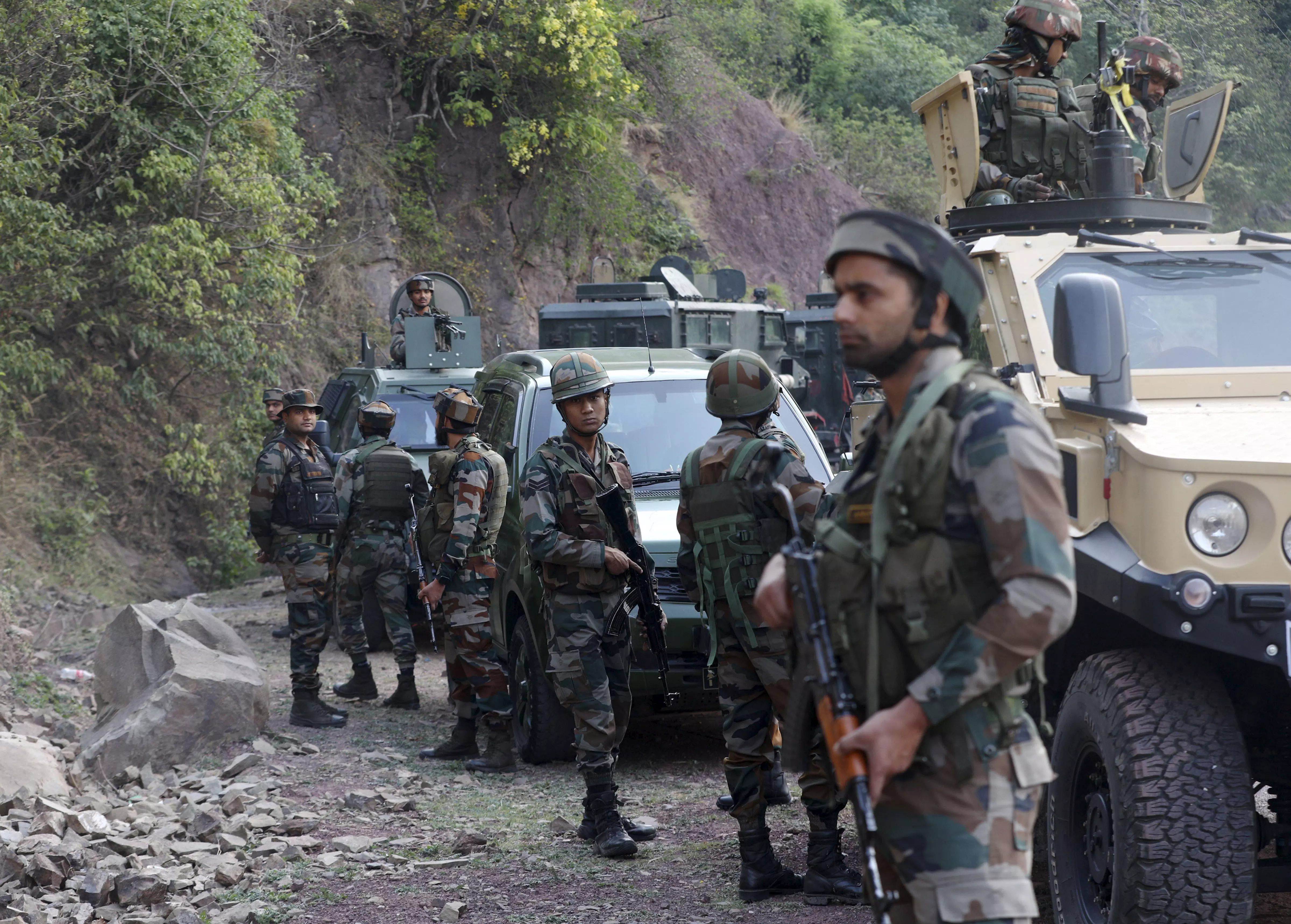DC Edit | Tackle J&K attacks firmly, but don't let it delay polls

A spate of terror attacks reveals a pattern of intensified action by terrorists of the sleeper cell as well as fresh infiltrators in the Jammu region of J&K. Sponsored by Pakistan, trained by ISI and helped across the border, the terrorists went on a firing spree over four days, beginning with the attack on a bus carrying pilgrims on the day that the new Cabinet of Prime Minister Narendra Modi was being sworn in on June 9.
By shattering the peace in Jammu, the relatively more peaceful half of J&K, a message was being conveyed that the Pakistan army still decides on the timing of such operations, probably aimed to signify that no peace overture is to be read in a recent statement of Mr Nawaz Sharif.
What emerges is that Jammu may have become an easier space to operate in for foreign terrorists, with considerable help from locals and militants, as their freedom to act has been severely restricted in the Kashmir Valley where the Indian Army has been sustaining anti-insurgency operations more forcefully.
The attack on the bus carried sinister signs that highly trained operatives are at it, ruthlessly too as they moved towards the fallen bus in Reasi to kill the passengers with gunfire from closer range. This bears no resemblance to the targeted killings that may have come up periodically in Kashmir from lone wolf attacks.
The review meeting on the J&K situation that the Prime Minister chaired would have taken note of the new challenge to security and the need to step up counter-terror efforts as intensely in the Jammu region as in the Valley.
The home ministry will also be taking stock, but the aims should be clear enough. Terrorism by imported or resident terrorists is India’s problem, regardless of Pakistan’s interference in setting off the pinpricks for its more prosperous neighbour. It might seem incongruous that a nation which is as frequently on a precipitous economic slope as Pakistan should pursue an impossible dream of possessing the Kashmir Valley.
The China-Pakistan axis must also be worrying as the common thread running through their actions is to constantly question the territorial integrity of India, with China badgering India on the border with its PLA and Pakistan with the proxies that its army exports to trigger terror attacks.
India categorically reiterated that “the Union Territory of Jammu and Kashmir and the Union Territory of Ladakh have been, are and will always remain integral and inalienable parts of India. No other country has the locus standi to comment on the same” with reference to a joint statement by the Prime Ministers of the two prickly neighbours from Beijing last week.
Securing the Union Territory of J&K and Ladakh has been the task of the Indian Army for close to three decades now and will not change in the foreseeable future. There is, however, one thing that India can do to assert itself internationally and that is to hold the polls in J&K by September as ordered by the top court.
The security situation owing to four attacks on successive days must not deter the Centre from conducting the polls and bringing in popularly elected rulers. Such polls have been held in the past even when terrorism was a live threat, as in the mid-1990s.
To hold free polls is India’s democratic way. The sacrifices made by civilians in a fraught situation as victims of sponsored terror should go only to remind us that vigil against terror has to be perpetual.

